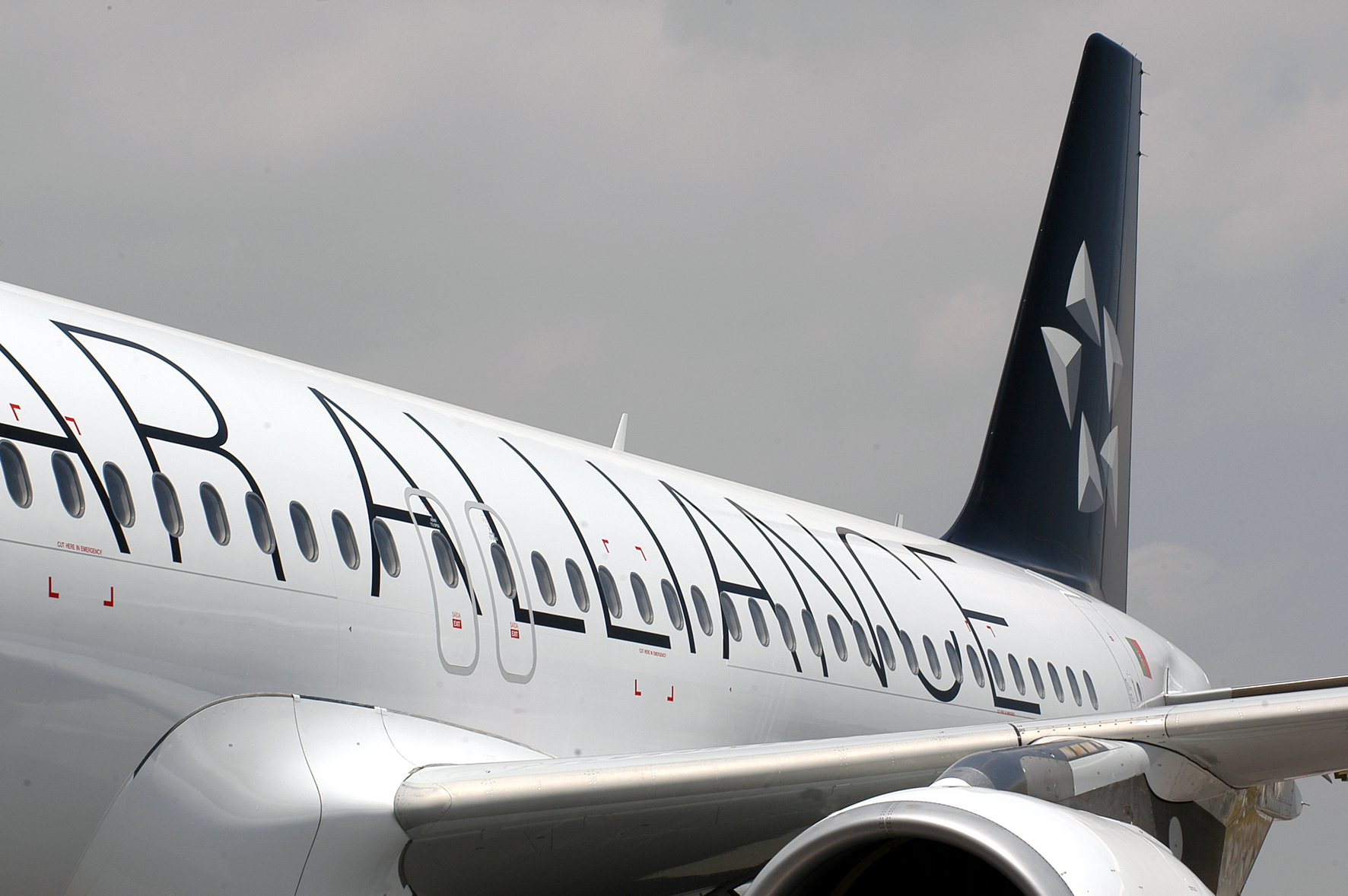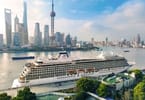The Pan African Health Tourism Congress is currently in session at the Umfolozi Hotel Casino Convention Resort in Empangen, Kwa-Zulu Natal in South Africa.
The outspoken tourism and hospitality minister from Zimbabwe, Dr. Walter Mzembi is one of the stars at the event. He is giving his global view on Health Tourism and explains how it involves Africa. Dr. Mzembi recently competed for the post of the United Nations World Tourism Organization post for Secretary General and made number two in the recommendation by the UNWTO Executive Council.
This is his presentation, Mzembi style:
Understanding Medical Tourism
- Medical tourism is the travel of people in search of medical care that is either:
- Unavailable in their country of origin,
- unaffordable – due to high healthcare costs or
- Proscribed at home healthcare systems – meaning (proscribed) certain health care procedures are not provided due to varying bio-ethical considerations,
- Absence of appropriate medical technologies, and
- Unequal accessibility to quality healthcare.
- Worldwide Health tourism market is growing at the rate of 15-25 per cent generating a revenue between USD 38 to USD 55 billion
- In the case of Zimbabwe, the United Kingdom was for many years the preferred destination of choice for those seeking respite from the colossal shadow of sicknesses.
- There has been seismic shifts now. India and Singapore, have of late become the alternative pick especially in the area of kidney transplants, eye cataracts, heart treatments and liver transplants.
- South Africa has joined the league with Morningside and Chris Bernard Hospitals ring loud as the most visited ones by our VIPs, and many other hospitals and specialist centres.
- In 2014 alone, the Indian Embassy in Harare issued 259 medical visas to Zimbabweans and 267 medical attendant visas –which put together there is this ‘double effect’ on people who visit and they are receipted as tourism revenue firstly and qualified as visiting for ‘medical reasons’ in the second instance. This means more people are likely to visit per each person who visit for medical reasons. India earned about $3 billion in the year 2016 and is expected to reach 7-8 billion by year 2020 from Health tourism (According to India Medical Tourism Statistics consultancy-Grant Thornton, 2016 Assessment Report).
- African Health Tourists to India accounted for 34% which is over 1 billion in total expenditure to India.
WHAT GOVERNMENT CAN DO? Key Conceptualisation of Medical Tourism Value Chains that Governments can focus to enhance Health Tourism Competitiveness
- I have 5 Points to underscore in this perspective:
- Development of Health Tourism Infrastructure at every stage in the value chain.
- Construction of infrastructure is key and ordinarily, incentives are important to motivate infrastructure development such as offering free land for Health Tourism building facilities. In Zimbabwe, Government has offered land in Victoria Falls and other cities which are largely under Special Economic Zones with its attendant benefits such as tax exemptions. I invite investors in this area.
- The Health Tourism value chain offers great opportunities as follows:

- The governments can, as a policy decision, focus on raising the quality of Health Care that acts as a magnet to not only foreigners but the local people as well g Singapore successfully managed to achieve this and the country is now profiting from its investment.
- The number of foreign patients treated in Singapore rose from 200,000 to 400,000 between 2002 and 2005, an increase of over 20 percent a year. The government increased the number of foreigners who came to Singapore for treatment to 1 million in 2012. The reward for this rise in health tourism, it is said, had a turnover of $3 billion a year and 13,000 new jobs were created.
- Encourage expansion of specialized health care services is key.
- Training of Health personnel e.g. Cuba has 37,000 personnel working in 102 countries, constituting 52% of the global total — and their personnel generate foreign exchange to the tune of $8 billion a year. Their facilities are some of the best and have been a huge attraction e.g. Argentine footballer Diego Maradona, sought treatment for drug addiction in 2000, Ecuadorean former President Rafael Correa, and your memory, Hugo Chavez of Venezuela, spent his final months fighting cancer under the care of Cuban oncologists in 2012-2013. Cuba specialises in medical treatments that include drug and alcohol rehabilitation, eye surgery, orthopedics, heart surgeries, dermatology, neurology and cosmetic surgeries.
- Specialized Medical Tourism Centres of Excellenceg “Singapore Medicine”, in 2003 started partnerships between government and industry, and deliberate plans were executed to turn the metropolis into leading regional medical hubs, leaving the main rivals Thailand and India behind.
- Synergistic Marketing – Tourism Authorities as a policy decision should collaborate and concentrates also in their marketing the medical people-oriented services in conjunction with the Ministry of Health.
What Medical Tourism can Do to a Destination?
- A vote of confidence in the country’s health system – good for country branding and raising the profile of the country’s competitiveness.
- Compels the country to increase its health delivery efficacy to the benefit of both its inbound (medical migration where people cross-borders as a temporary movement to a foreign country for medical care) and outbound medical migration (refereeing to temporary movement from a foreign country to receive medical care).
- Health Tourism naturally becomes part of diplomacy – due to its intricate interaction of people and exchanges which build common understanding among people and among countries.
Conclusion
Medical tourism destinations are developed mainly for economic reasons. Different destination offers unique value propositions in attracting this lucrative and growing market.
Medical tourism destination marketers should put more emphasis on the integration between medical, tourism and wellness services in order to excel in medical tourism holistically. Health tourists want value for money, look for sophisticated medical technology, quality infrastructure, effective medication, holistic medical services and indeed hospitable care services by health personnel are no compromises going forward.




![China's Hyperloop Train: A Glimpse into the Future of Transportation 3 Travel Tourism News | Domestic & International Hyperloop Train China [Photo: Hyperloop Transportation Technologies]](/cdn-cgi/image/width=145,height=100,fit=crop,quality=80,format=auto,onerror=redirect,metadata=none/wp-content/uploads/2024/02/180720163348-hyperlooptt-china-capsule.jpg)


















